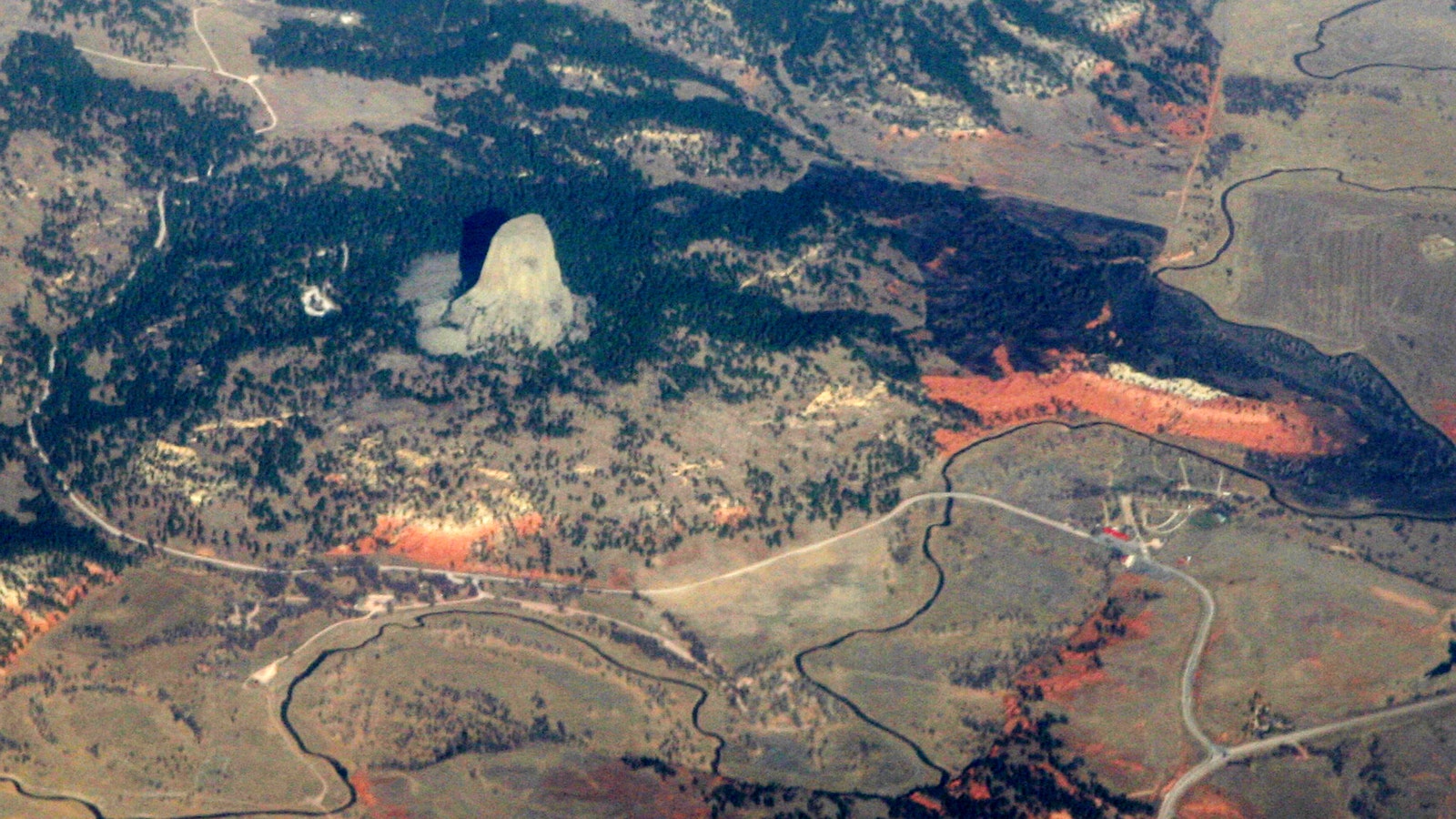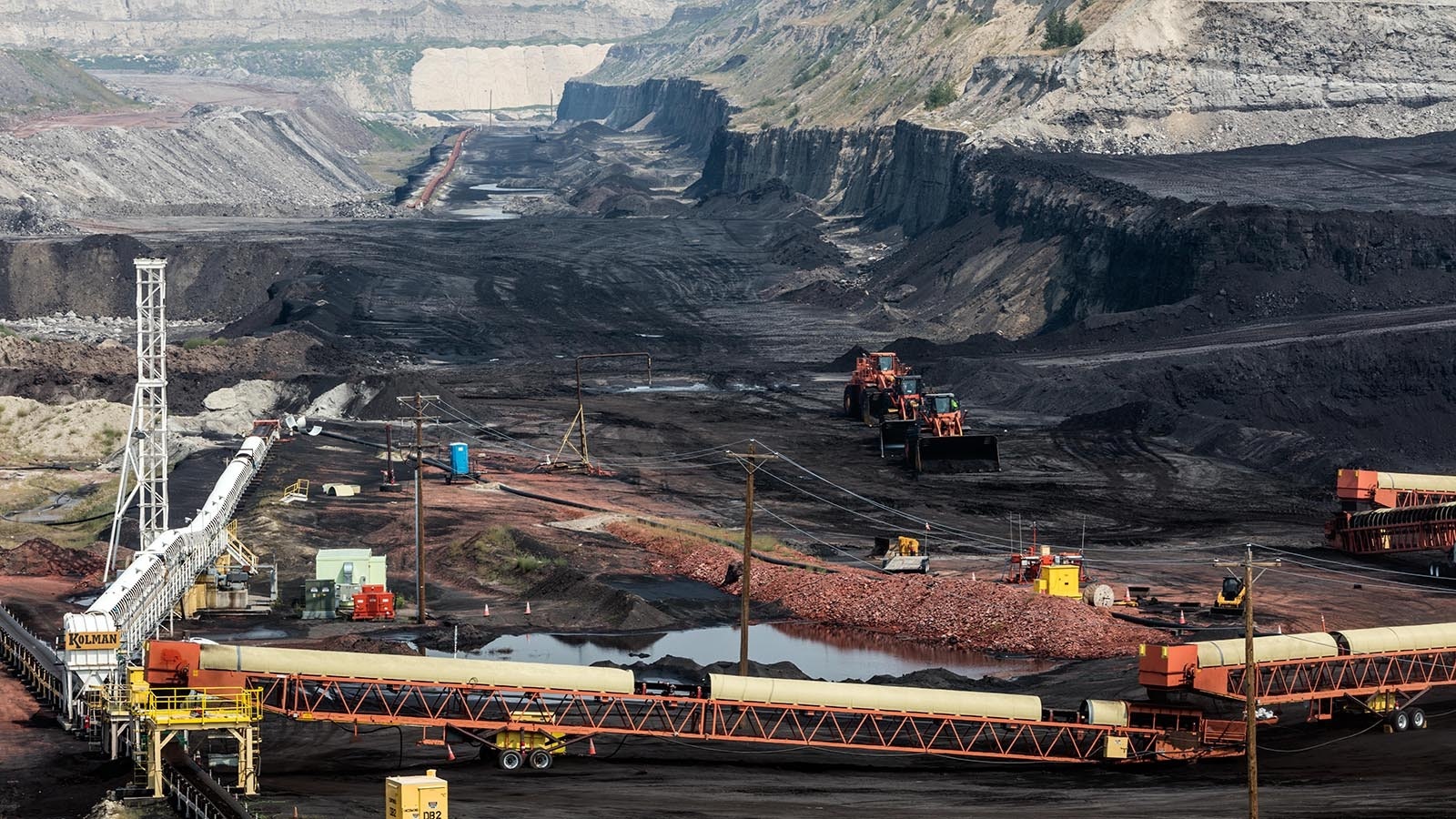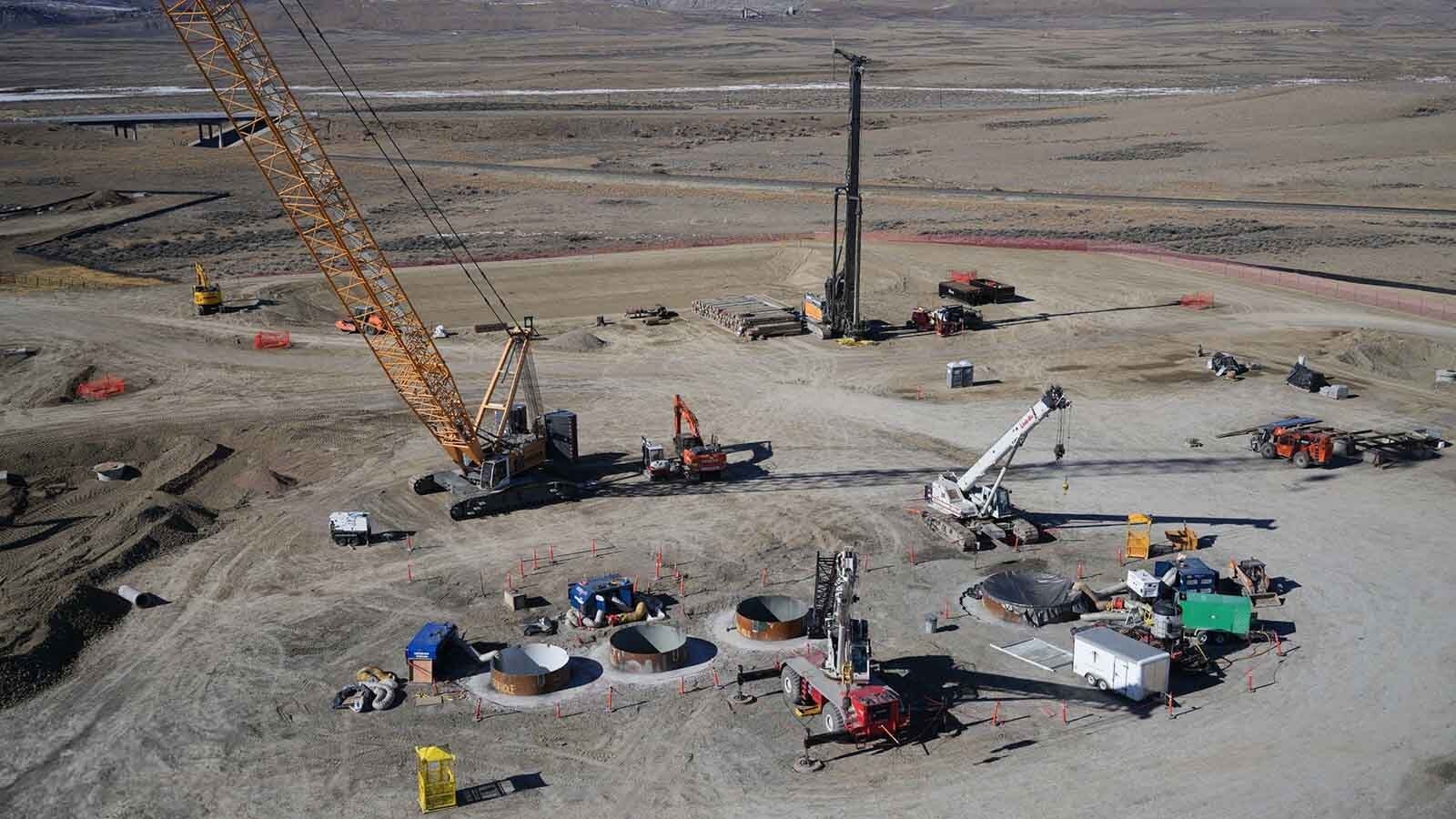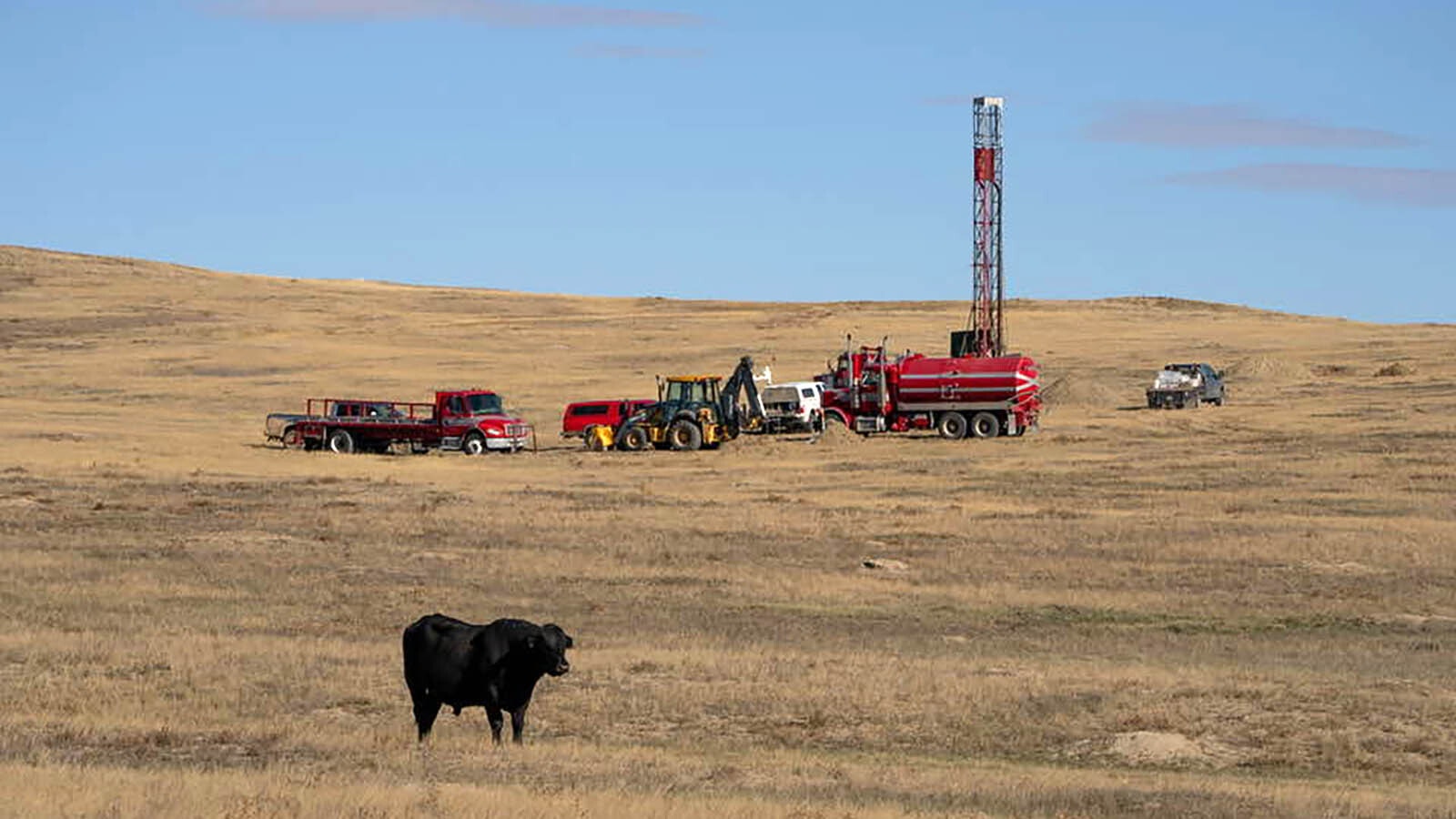California and New York are doing all they can to get rid of oil and gas, but that hasn’t stopped them from benefiting from the billions of dollars in economic impact generated by the industry.
A new report from the American Petroleum Institute shows that both states were in the top rankings for total economic impact from the industry.
The analysis estimates the total economic impact nationally of the oil and gas industry in 2021 was $1.77 trillion, which included 10.8 million jobs — 5.4% of U.S. employment.
Texas led the nation in total economic impact from the industry, at $454.5 billion. California came in second place, with $217.1 billion, and Pennsylvania took third with $75 billion. New York, which landed the fourth-place spot, raked in $70 billion.
New York and California have made headlines this year for a variety of efforts to eliminate fossil fuels, including bans on natural gas hookups on new construction and phasing out gas-powered vehicle sales.
Federal Leasing
Here in Wyoming, the industry is responsible for 58,780 jobs, and it contributed $11.9 billion to the state’s gross domestic product — a measure of the value of all goods produced within an area — according to the analysis.
Sen. Cale Case, R-Lander, told Cowboy State Daily it’s unfortunate that a state like Wyoming, which welcomes the oil and gas industry, would have so many oil and gas operations on federal land.
While California and other states profiting from oil and gas are hoping to phase the industry out in the near future, Case said, most of the industry in those states operates on private lands, which gives it a lot more flexibility and opportunity.
Meanwhile, here in Wyoming, most operations take place on federal land, which leaves the industry beholden to the federal government.
Wyoming “can't control our destiny, because it's heavily dependent on federal leasing opportunities. It tells you about what the future holds, depending on the national politics,” Case said.
Case said that California has always had a love-hate relationship with the oil and gas industry. In Southern California, there are a lot of oil wells going back decades, he said, even near the beaches.
“It’s kind of fascinating,” he said.
Power And Control
Rep. John Bear, R-Gillette, told Cowboy State Daily the goals of emission reductions aren’t really about climate change, Bear said.
“I believe it’s about power and control,” Bear said.
As much as California seeks to reduce its emissions, Bear said all those reductions will be offset by the increase in emissions from China.
According to a report by the Global Energy Monitor, China’s coal fleet grew by 19.5 gigawatts last year, enough to supply electricity to 15 million homes. China accounted for 92% of all new coal project announcements in 2022.
Bear said that oil and gas are needed to make plastics, and since they are a material in so many products, production will be needed far into the future.
By restricting the industry, he said, we’re just moving production to other countries, where there are fewer environmental regulations and labor laws to protect people and the environment.
“It is a road to insanity in my mind to fight the development of clean oil and gas practices like we have here in the United States,” Bear said.
Wonderful Thing
Case said that many people don’t realize when domestic laws restrict oil and gas, their development just gets pushed overseas. He said he’s worked in Nigeria and Venezuela, and operations are not as environmentally protective as they are in Wyoming.
“It’s a wonderful thing to have responsibly-produced petroleum like we have in Wyoming,” Case said.
In addition to the economic impact and number of jobs the industry contributes to Wyoming, the report noted that the average wage in oil and gas jobs is 65% higher than the national average.
Pete Obermueller, president of the Petroleum Association of Wyoming, said in a statement on the report that it’s well known the industry is a primary economic driver for Wyoming.
“This latest report reveals just how true that is – boosting every facet of the state’s economy from agriculture to tourism to manufacturing. Natural gas and oil are literally powering Wyoming’s potential,” Obermueller said.
Kevin Killough can be reached at Kevin@CowboyStateDaily.com





